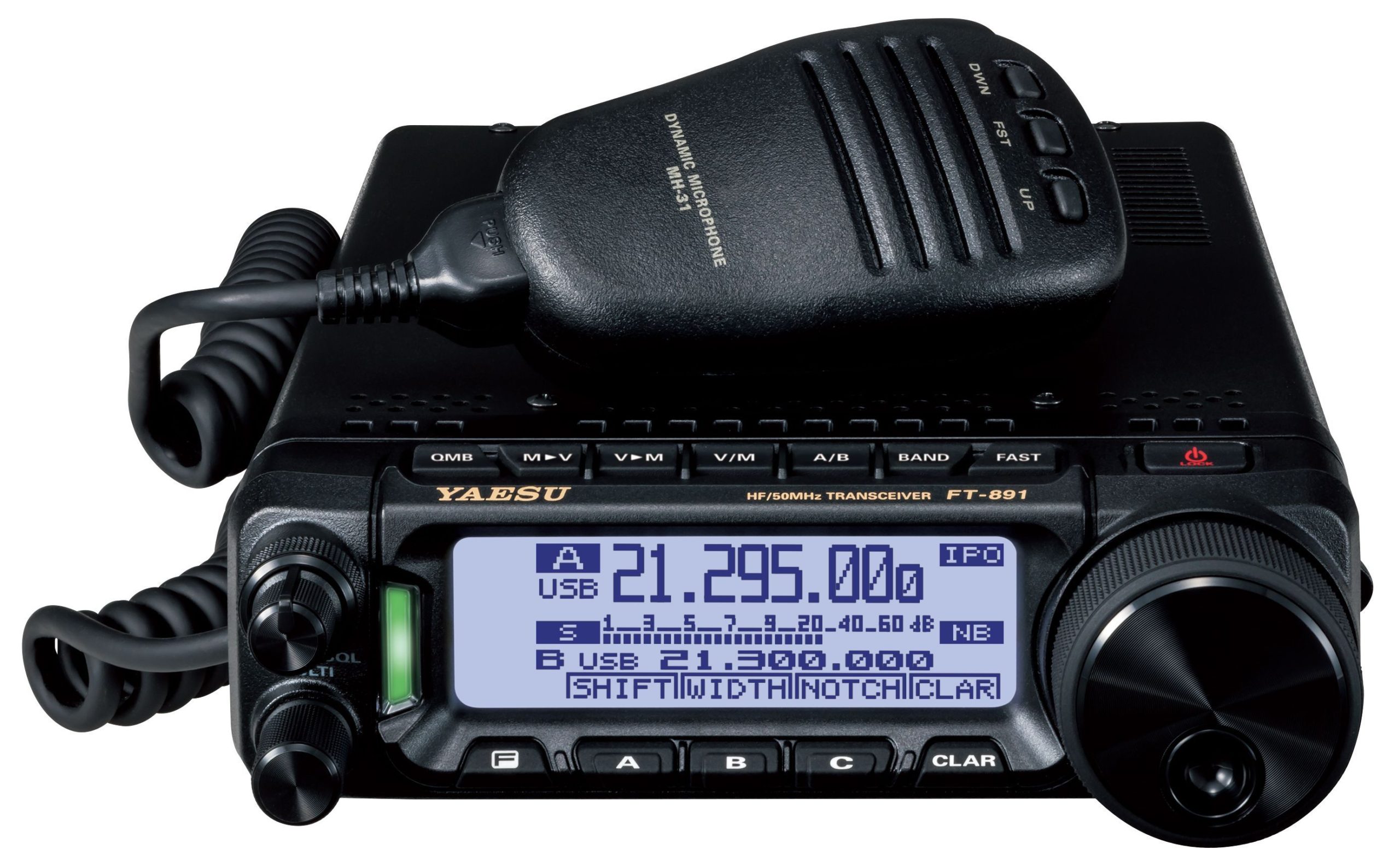
Operational Security (OPSEC) in Communications
The content of your conversations will dictate which platforms or tools you should use to have that conversation. All of the tools available today have some level of benefit, but you must recognize the risks and utilize each tool appropriately. Let’s dig into a few here. I call this approach “Segmented Communication”.
Secure Communication
The most secure way to communicate with another person is face to face, far away from modern electronic devices. You can use not only words, but facial expressions, your hands, and other valuable forms of conversation between two human beings.
If you’re going to communicate across the modern digital pathways, though, you need to make sure your communication is encrypted in such a way that only you and your intended recipient can read or access the conversation. There are two phone apps that are end-to-end encrypted: Signal andTelegram. Signal is ideal if you want to send messages between individuals and groups. All of your messages are encrypted, even to groups. Remember, though, you’re only as secure as your weakest link. If your cell phone can be picked up and read by anyone, or your messages pop up on your screen when they arrive, you’re not actually secure at all.
Finally, if you’re savvy with Linux, you can set up your own IRC server if you can find a place to attach it to the Internet. You can then invite friends and like-minded persons to chat about various topics without saving all of your conversations forever on Facebook’s or Google’s servers. Beware: IRC’s interface is a little outdated.
Saved and Monitored Communication
The next group of applications, and the bulk of modern communication media, save all of your messages and posts forever, even if you later “delete” your account. Further, with services like Gmail, messages that you even start to type are logged, even if you never send those messages. In this group I include:
- SMS/Text messages on your phone
- Discord
- Zello
- MeWe
- Parler
- Slack
Never post any sensitive information to any of these services because once you say it, you cannot take it back, and it will be used for marketing, and could be used against you.
Range-Monitored Communication
If you use radios to communicate, the range of those radios determines how far away someone may be listening. If you get your amateur radio license, you can use ham radios to communicate with your neighbors (using low power), or all the way around the world depending on your radio, antenna, and weather conditions. If you get your GMRS license (here are some great instructions), you can use small handheld radios to communicate in small areas. That means that if someone wants to listen to your conversation, they’d have to be very close to your radios. Also remember that encrypting conversations or using code words on amateur radio is illegal.
Read-Only (Information Gathering) Communication
Any other forms of communication can be useful for gathering information and intelligence. If you want to know what’s going on in your city, your neighborhood, or your state, you can learn a lot from social media without ever having to say anything or give your own information away. This includes most social media sites such as facebook, twitter, instagram, etc.
Be very careful what information you put out onto these networks, though, because they are not only tightly monitored and stored, but they are actively scoured for any failure to adhere to modern social rules and regulations.
